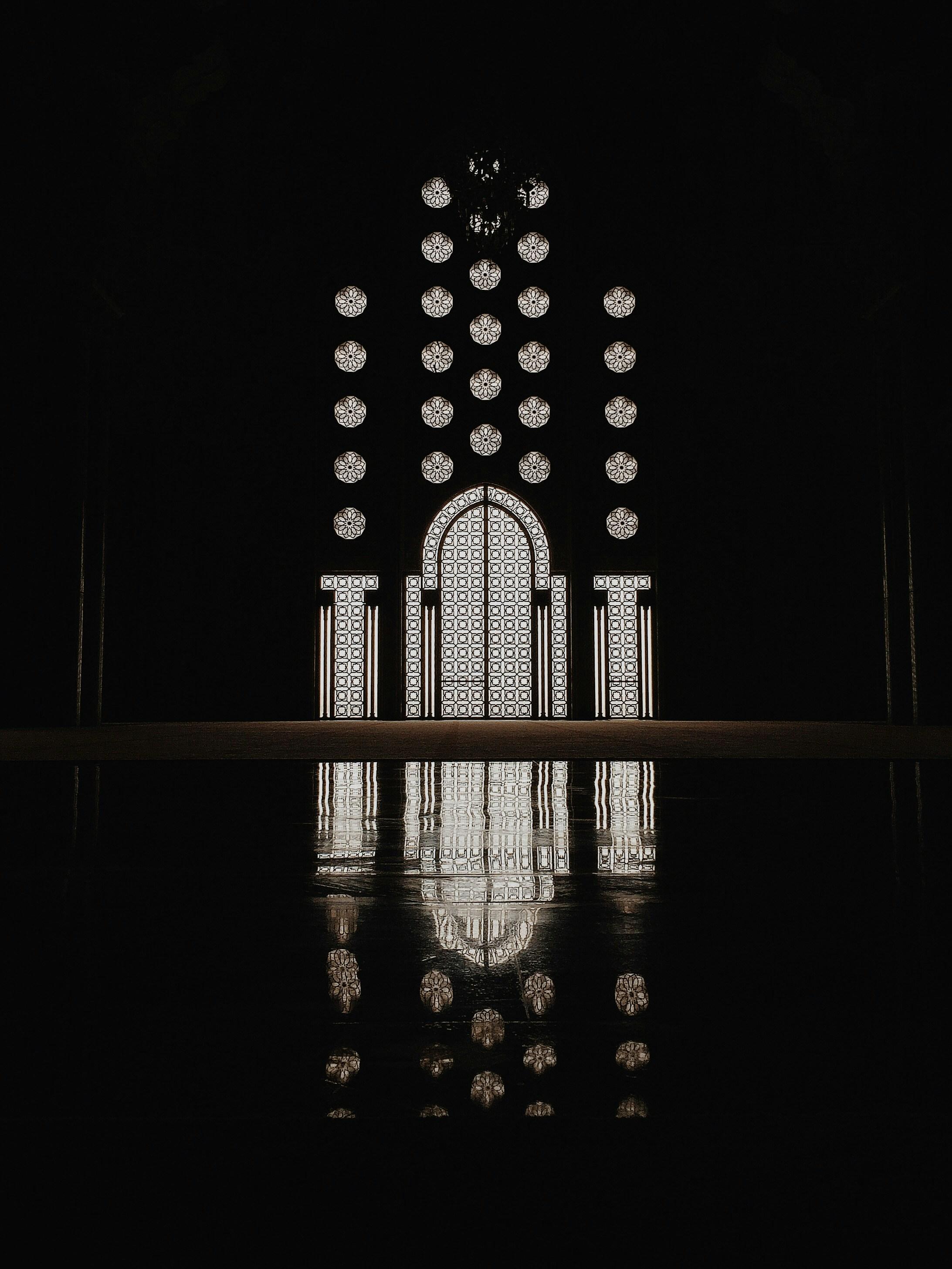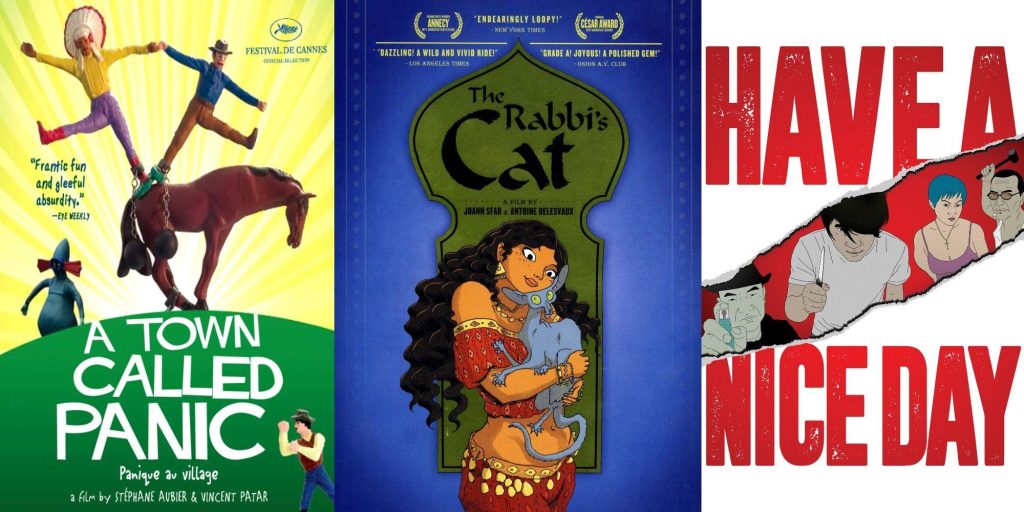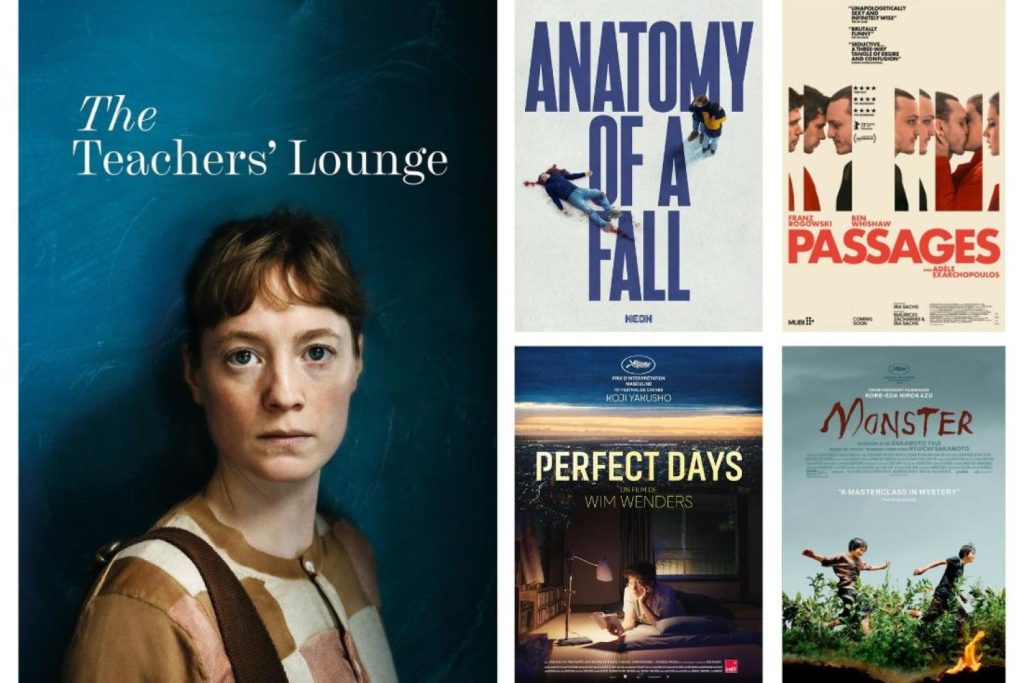In the ever-evolving landscape of cinema, where trends and tastes shift with the sands of time, certain films manage to transcend their era, remaining poignant and influential across generations. ”Casablanca,” the 1942 classic directed by Michael Curtiz, is one such film that continues to captivate romantic movie enthusiasts today. Its enduring relevance is not merely a testament to its historical significance or its iconic lines, but rather a reflection of its profound exploration of timeless themes—love, sacrifice, and moral ambiguity—that resonate as deeply now as they did over eighty years ago. This article delves into the myriad reasons why “Casablanca” maintains its allure for contemporary audiences, examining the film’s masterful narrative structure, its rich character development, and the universal truths it so elegantly conveys. Through an analytical lens, we explore how this cinematic masterpiece remains a touchstone for romance, offering insights into the human condition that are as relevant today as they were at the height of Hollywood’s Golden Age.
Cinematic Timelessness: Exploring Casablancas Enduring Appeal
Casablanca’s ability to captivate audiences across generations lies in its timeless themes and universal appeal. At its core, the film explores love, sacrifice, and moral ambiguity, which remain relevant to contemporary romantic movie fans. The complex characters of Rick and Ilsa, portrayed by Humphrey Bogart and Ingrid Bergman, are not just embodiments of wartime romance but also representations of the internal conflicts that accompany profound love. This layered storytelling allows viewers to find new meanings and connections each time they watch, making Casablanca a perpetual favorite.
- Iconic Dialogue: Lines such as “Here’s looking at you, kid” have transcended the film, becoming part of popular culture and keeping its legacy alive.
- Rich Cinematic Craftsmanship: The film’s impeccable direction, memorable score, and atmospheric cinematography continue to set a benchmark for romantic dramas.
- Historical Context: Set against the backdrop of World War II, Casablanca captures a moment in history that adds depth and authenticity, resonating with viewers who appreciate stories with historical significance.
Ultimately, Casablanca’s enduring appeal lies in its ability to speak to the heart, offering a narrative that is as emotionally compelling today as it was upon its release. This connection to human emotion ensures its relevance in the ever-evolving landscape of romantic cinema.

Complex Characters and Compelling Narratives: A Deep Dive into Casablancas Storytelling
At the heart of Casablanca lies a tapestry of complex characters whose emotional depth and moral dilemmas continue to captivate audiences. Rick Blaine, portrayed by Humphrey Bogart, is a quintessential anti-hero. His evolution from a cynical nightclub owner to a selfless lover embodies the intricate interplay of personal sacrifice and moral integrity. Ilsa Lund, played by Ingrid Bergman, is more than a romantic interest; she represents the poignant struggle between duty and desire, illustrating the timeless conflict that resonates with audiences even today.
The narrative unfolds in a manner that is both compelling and universal, drawing viewers into a world of political intrigue and personal redemption. The film’s plot is driven by several key elements that maintain its relevance:
- Unresolved Love: The tension between Rick and Ilsa is a masterclass in creating emotional stakes.
- Political Backdrop: Set during World War II, the story’s historical context adds layers of complexity.
- Symbolic Gestures: Moments like the iconic airport scene underscore themes of love and sacrifice.
These elements, woven seamlessly into the narrative, ensure that Casablanca remains a benchmark for storytelling excellence in romantic cinema.

Iconic Scenes and Memorable Quotes: Casablancas Lasting Impact on Pop Culture
The film “Casablanca” is a treasure trove of iconic scenes and unforgettable quotes that have seeped into the fabric of pop culture. At the heart of its enduring appeal is the compelling narrative of love and sacrifice, crystallized in moments that transcend the screen. Who could forget the poignant farewell at the fog-drenched airport, where Rick Blaine’s words, “Here’s looking at you, kid,” resonate with timeless affection? This line, among others, has not only become synonymous with romantic longing but also exemplifies the film’s deft ability to encapsulate complex emotions with simplicity.
- Legendary Lines: The film is replete with phrases like “We’ll always have Paris,” and ”Of all the gin joints in all the towns in all the world, she walks into mine,” which continue to evoke deep emotional responses and are frequently quoted in various media.
- Iconic Imagery: The visual tableau of Rick and Ilsa’s last embrace, silhouetted against the plane’s lights, has been endlessly referenced and recreated, symbolizing the bittersweet nature of true love.
These scenes and lines not only define the romantic film genre but also enrich the tapestry of cultural references that resonate with audiences across generations. They invite viewers to explore themes of love, duty, and loss, making “Casablanca” not just a movie, but a perpetual source of inspiration and reflection.

The Art of Subtle Romance: Lessons Modern Filmmakers Can Learn from Casablanca
In an era where grand gestures and sweeping declarations often dominate the narrative of romantic films, Casablanca offers a masterclass in the art of understated affection. This timeless classic thrives on the power of what remains unspoken, inviting audiences to immerse themselves in a world where emotions simmer beneath the surface. Modern filmmakers can draw inspiration from this approach, embracing subtlety to create more authentic and relatable romantic tales. By focusing on nuanced interactions, they can craft stories that resonate with viewers on a deeper level.
- Ambiguity and Tension: The film’s use of ambiguous dialogue and unresolved tension keeps the audience engaged, allowing the romance to unfold organically.
- Character Complexity: Characters in Casablanca are layered and multifaceted, reminding filmmakers of the importance of depth in storytelling.
- Setting as a Character: The atmospheric backdrop of Rick’s Café serves as more than just a setting; it becomes an integral part of the romantic narrative.









